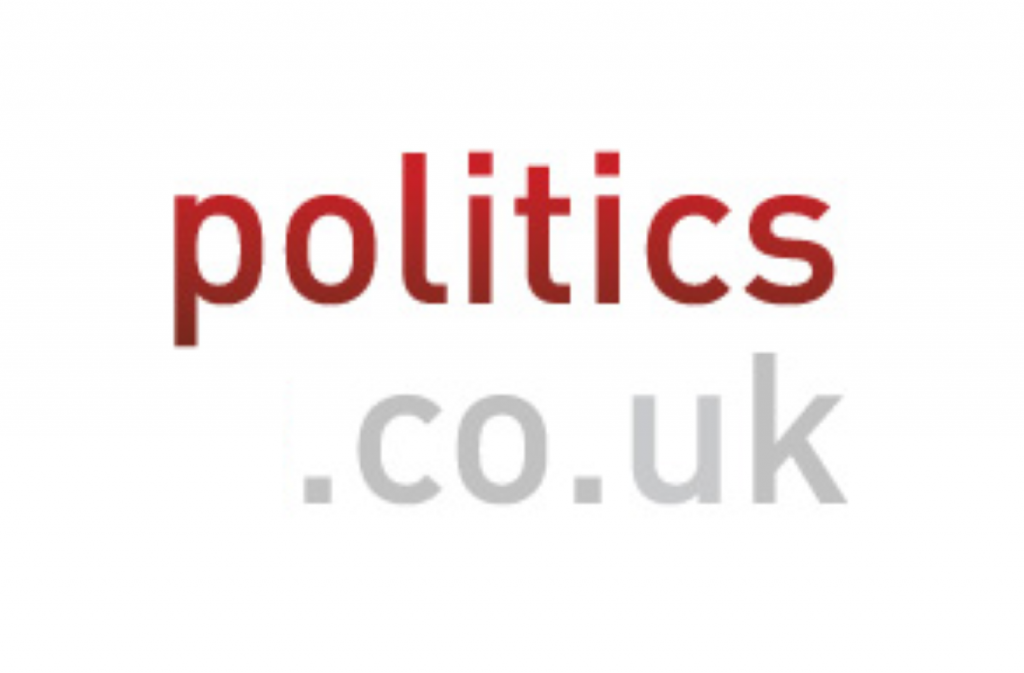Brown: EU aid deal will make a difference
Chancellor Gordon Brown has said that yesterday’s agreement by European foreign ministers to double international development aid will make a significant difference.
In Brussels yesterday afternoon it was agreed that the EU nations would contribute £44.3 billion in 2010, up from £22.4 billion a year in 2004.
The bloc’s 15 oldest and richest member states will spend at least 0.51 per cent of gross national income (GNI) on development aid by 2010 and at least 0.7 per cent by 2015. This would meet the 30-year-old United Nations target.
And the ten new accession states agreed a target of 0.17 per cent of their national wealth by 2010. Denmark, Sweden, the Netherlands and Luxembourg have already met the 2015 target.


Mr Brown said: “I do believe we have a once-in-a-generation opportunity to make a huge difference. Today the EU have decided that they will double aid.
“We are raising an extra $40 billion by doing that, and if all the richest countries that are meeting in Gleneagles in a few weeks’ time can agree on a package, that will mean debt relief, aid, trade justice.
“I praise the European countries, all 25 of them, which deserve support from the rest of the world.”
Although lauding the deal as “very significant” for the long-term future of the world, he stressed it was important to get Japan and America onboard at the G8 summit. Mr Brown has said 2005 will be the “make or break year” in the fight against world poverty.
Hilary Benn, International Development Secretary, said the agreement was “a major breakthrough in the fight against world poverty”.
Tory counterpart Andrew Mitchell said: “This is a significant move in the right direction, though clearly words are easy. It is delivery that is important.
“The next step must be for all of us to achieve the UN’s target of giving 0.7 per cent of national income as aid, as quickly as we realistically can.”
But Liberal Democrat international development spokesman Andrew George said the 0.51 per cent goal was too conservative.
“The richest nations must effectively eradicate poverty and ensure that funds are not used indirectly to prop up corrupt regimes,” he said.
Britain holds both the EU and G8 presidencies in 2005. Adrian Lovett of Oxfam said European leaders had “thrown down the gauntlet” to the Americans and the Japanese “who now need to step up to the plate”.

